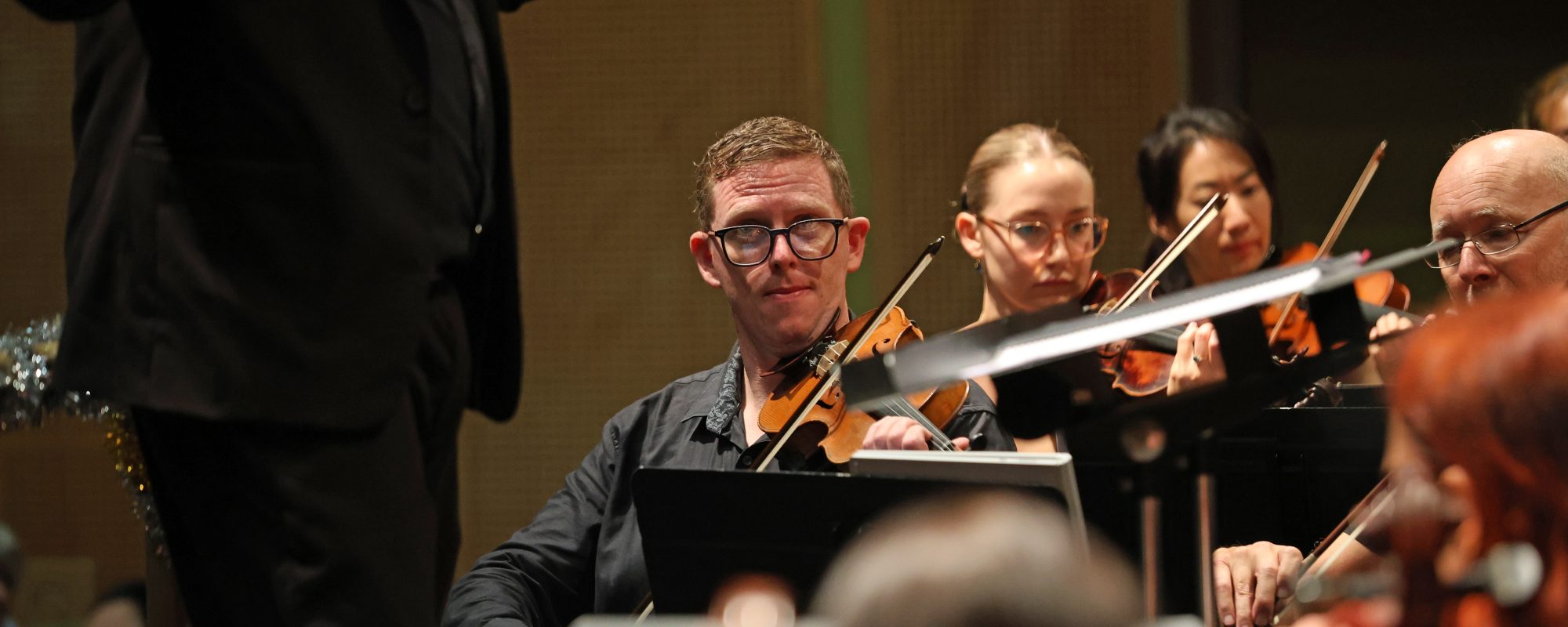As if we didn’t have enough composers to celebrate their birthdays of, the tradition has arisen that we also celebrate their dying- or death-day. We get major celebrations at 50 years after their death, which could also be 100 years after their birth. But either way, it’s an excuse for concert programmers to hold a concert. Or a number of concerts. Today we look at the first death-day of this series, that of the Romantic composer Max Bruch.
Born in 1838 in Cologne, receiving his early musical training under composer and pianist Ferdinand Hiller. Working as a teacher, conductor and composer, he moved around Germany in what would be a long career, working in Mannheim, Koblenz, Sondershausen, Berlin, and Bonn. He spent three seasons at the height of his career working as the conductor of the Royal Liverpool Philharmonic Society, before going to teach at the Berlin Hochschule fur Musik until his retirement in 1910. He died in his house in Berlin-Friedenau on this day in 1920.
Bruch’s works were conservative in structure, placing him in the German romantic musical tradition with other Romantic classicists such as Johannes Brahms, as opposed to the new romantics such as Liszt and Wagner. His Violin Concerto in G minor (op. 26) is one of his most popular works, and uses many techniques from Mendelssohn’s Violin Concerto in E minor. The Scottish Fantasy, also for violin and orchestra, is similarly popular, while Kol Nidrei, for Cello and Orchestra led people to believe that the use of Hebrew melodies were indicative of Bruch’s Jewish heritage, though there is no evidence to support this.
Despite the fact that his most popular works today feature string soloists, he was more widely known in his day as a choral composer, writing a large amount of lied, and 4 operas, including his Opus 1, Scherz, List und Rache.
Now for a treat. I just can’t go past the third movement of Bruch’s First Violin concerto in G Minor, and here we have Yehudi Menuhin performing. The third movement for me is my favourite, being full of joy and soaring melodies. It’s also just incredible writing for the violin. I hope you enjoy it as much as I do.
And remember, feel free to leave your comments on this piece, or any of your favourite Max Bruch compositions in the comments, or write a blog post about it, linking back here and I’ll add a link below.

